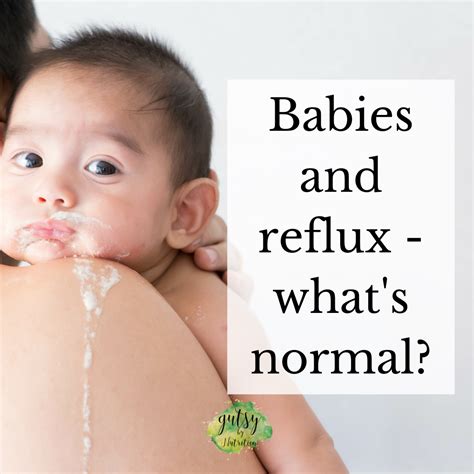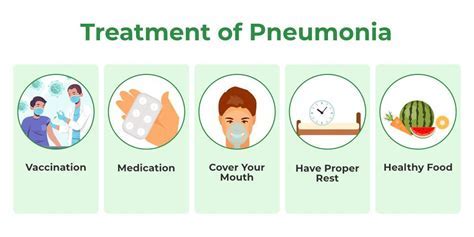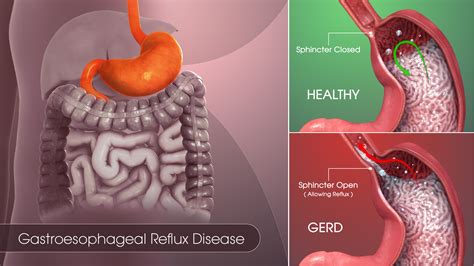Intro
Learn about reflux in babies, including symptoms, causes, and treatments for infant acid reflux, gastroesophageal reflux disease (GERD), and spitting up, to soothe your little ones discomfort.
Reflux in babies is a common condition that affects many infants, causing discomfort and concern for parents. It's essential to understand the causes, symptoms, and treatment options available to help soothe and comfort your little one. Reflux, also known as gastroesophageal reflux (GER), occurs when the stomach acid flows back up into the esophagus, causing pain and discomfort. In babies, this can be due to an immature digestive system, which can lead to frequent spit-up, vomiting, and irritability.
As a parent, it's natural to feel worried when your baby is experiencing reflux. You may notice that your baby is fussy, arching their back, or refusing to feed. These symptoms can be distressing, but it's crucial to remember that reflux is a common condition that can be managed with the right guidance and support. In this article, we'll delve into the world of reflux in babies, exploring the causes, symptoms, diagnosis, and treatment options available. Whether you're a new parent or a seasoned caregiver, this comprehensive guide will provide you with the knowledge and confidence to help your baby feel comfortable and thrive.
Reflux in babies can be caused by a variety of factors, including an immature lower esophageal sphincter (LES), which allows stomach acid to flow back up into the esophagus. Other contributing factors may include overfeeding, underfeeding, or feeding too quickly, as well as food allergies or intolerances. Some babies may also experience reflux due to a condition called pyloric stenosis, where the muscle that controls the passage of food from the stomach to the small intestine is narrowed. Understanding the causes of reflux is crucial in developing an effective treatment plan to help your baby feel better.
Understanding Reflux in Babies

Symptoms of Reflux in Babies
The symptoms of reflux in babies can vary, but common signs include: * Frequent spit-up or vomiting * Irritability and fussiness * Arching of the back * Refusal to feed * Coughing or wheezing * Hoarseness or raspy voice * Poor weight gain It's crucial to monitor your baby's symptoms and consult with your pediatrician if you notice any of these signs. Your pediatrician may perform a physical examination, take a complete medical history, and order diagnostic tests, such as a upper GI series or a pH probe test, to determine the severity of reflux.Diagnosis and Treatment of Reflux in Babies

Lifestyle Changes to Help Manage Reflux in Babies
Making lifestyle changes can help alleviate symptoms of reflux in babies. Some tips include: * Feed your baby in an upright position to help prevent stomach acid from flowing back up into the esophagus * Avoid overfeeding or underfeeding, as this can exacerbate symptoms * Burp your baby frequently, especially after feedings * Keep your baby's head elevated, especially after feedings * Avoid exposing your baby to tobacco smoke, as this can worsen symptoms By making these simple changes, you can help reduce your baby's discomfort and alleviate symptoms of reflux.Medications and Therapies for Reflux in Babies

Home Remedies for Reflux in Babies
In addition to lifestyle changes and medications, there are several home remedies that can help alleviate symptoms of reflux in babies. Some tips include: * Using a warm compress to help soothe your baby's stomach * Offering a pacifier to help calm your baby * Using white noise machines or a fan to help block out distracting sounds * Keeping a food diary to track your baby's feedings and symptoms By trying these home remedies, you can help reduce your baby's discomfort and alleviate symptoms of reflux.Complications of Reflux in Babies

Preventing Reflux in Babies
While it's not possible to completely prevent reflux in babies, there are several steps you can take to reduce the risk. Some tips include: * Breastfeeding, as breast milk is easier to digest than formula * Avoiding overfeeding or underfeeding * Burping your baby frequently * Keeping your baby upright after feedings * Avoiding exposure to tobacco smoke By following these tips, you can help reduce your baby's risk of developing reflux.Conclusion and Next Steps

We invite you to share your experiences and questions about reflux in babies in the comments section below. Your input can help other parents and caregivers who are navigating this challenging condition. Additionally, if you found this article helpful, please share it with others who may benefit from this information.
What are the common symptoms of reflux in babies?
+The common symptoms of reflux in babies include frequent spit-up or vomiting, irritability and fussiness, arching of the back, refusal to feed, coughing or wheezing, hoarseness or raspy voice, and poor weight gain.
How is reflux in babies diagnosed?
+Reflux in babies is diagnosed through a combination of physical examinations, medical history, and diagnostic tests, such as an upper GI series or a pH probe test.
What are the treatment options for reflux in babies?
+The treatment options for reflux in babies include lifestyle changes, such as feeding smaller, more frequent meals, burping your baby frequently, and keeping your baby upright after feedings. Medications, such as antacids or acid reducers, may also be prescribed to help manage symptoms.
Can reflux in babies be prevented?
+While it's not possible to completely prevent reflux in babies, there are several steps you can take to reduce the risk, such as breastfeeding, avoiding overfeeding or underfeeding, burping your baby frequently, and keeping your baby upright after feedings.
What are the potential complications of reflux in babies?
+The potential complications of reflux in babies include poor weight gain or failure to thrive, respiratory problems, esophagitis, stricture, and increased risk of SIDS (sudden infant death syndrome).
